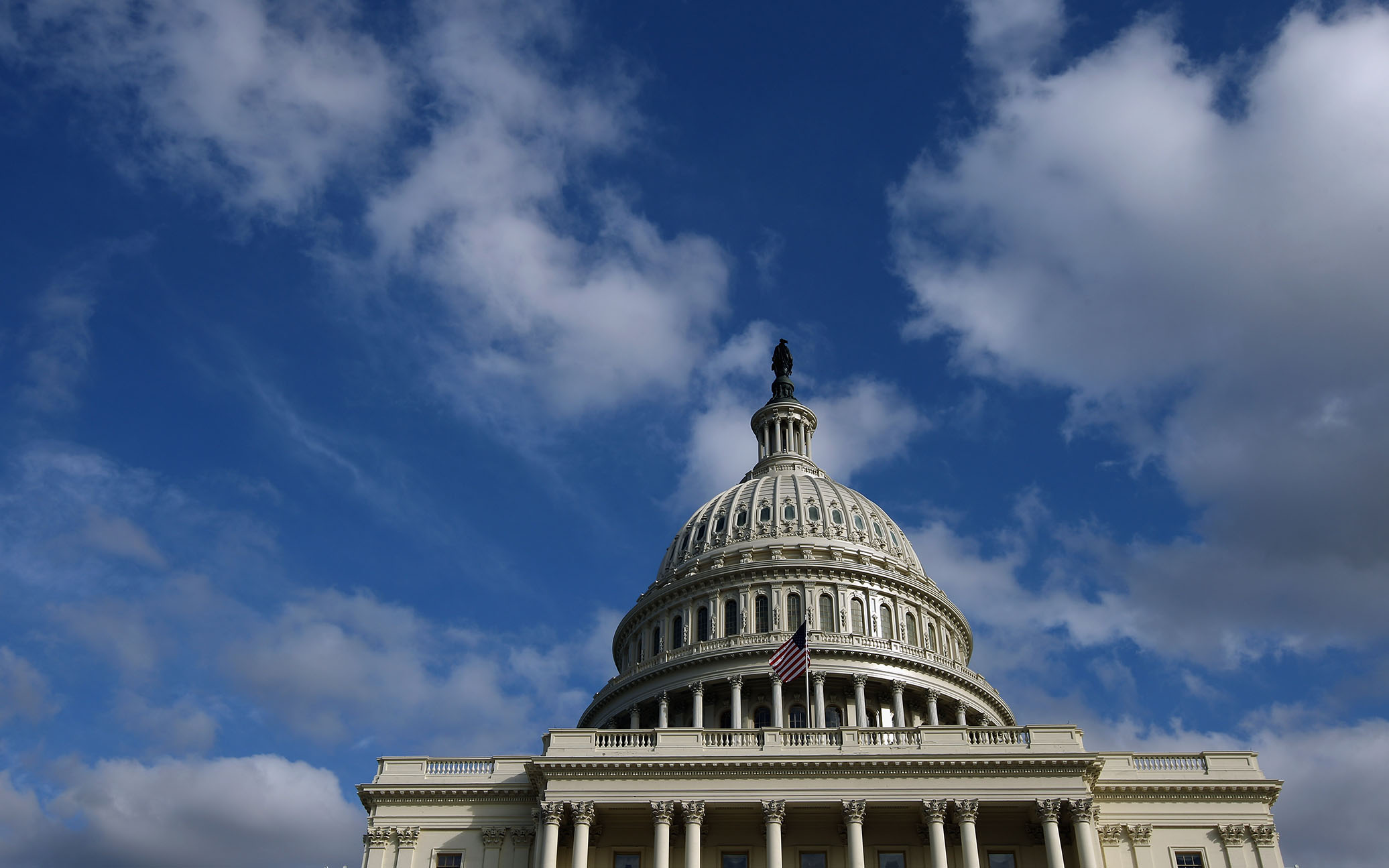Deep Medicaid Cuts Threaten Disability Services

The U.S. House of Representatives has approved billions in cuts to Medicaid, a move that disability advocates warn will severely undermine the nation's support system for people with disabilities. The bill, passed by a vote of 215 to 214 after intense negotiations, aims to fulfill President Donald Trump's domestic agenda. Known as the “One Big Beautiful Bill Act,” it now heads to the Senate and proposes work requirements for many Medicaid beneficiaries, along with more frequent eligibility checks.
The Congressional Budget Office estimates that these changes would result in a $698 billion reduction in federal Medicaid subsidies between 2026 and 2034. Proponents argue that savings from Medicaid will help fund an extension of tax cuts from Trump’s first term and support other administration priorities, while also eliminating “waste, fraud and abuse” in the system. House Speaker Mike Johnson stated that the bill “strengthens our essential programs like Medicaid for the people who need it the most.”
However, disability advocates strongly disagree. Nicole Jorwic, chief program officer at Caring Across Generations, argues that the budget contains some of the largest cuts to Medicaid in history, which will negatively impact disability service systems. She warns that providers may close, wages for direct support professionals will decrease, and disabled individuals risk losing coverage due to increased red tape and eligibility checks.
Elise Aguilar, senior director of federal relations at the American Network of Community Options and Resources (ANCOR), highlights that community-based services for people with disabilities are particularly vulnerable to Medicaid funding reductions at the state level, as these services are not federally mandated. Historically, states facing Medicaid funding shortfalls often scale back non-mandatory services like home and community-based care, limiting access to essential supports.
The push for these cuts occurs when the Medicaid home and community-based services system is already under strain. Over 700,000 people are on waiting lists for Medicaid waivers that provide these services, according to KFF. A recent survey of community-based services providers revealed widespread staffing shortages, leading to declined new clients (69%) and program closures (39%), with many considering further cuts.
Lydia Nunez Landry with ADAPT warns that waiting lists will only increase under the House bill, potentially forcing people with disabilities into institutions. She described the cuts as “draconian” with “catastrophic impact” on vulnerable populations. There are also concerns that more frequent eligibility checks and work requirements will create increased paperwork and inadvertently cause eligible individuals to lose coverage.
Katy Neas, CEO of The Arc of the United States, emphasizes that states will need to allocate resources to verify compliance with the new requirements. She urges the Senate to reject the cuts, stating, “These cuts are devastating… And we won’t be silent while our community is pushed past the brink.”








